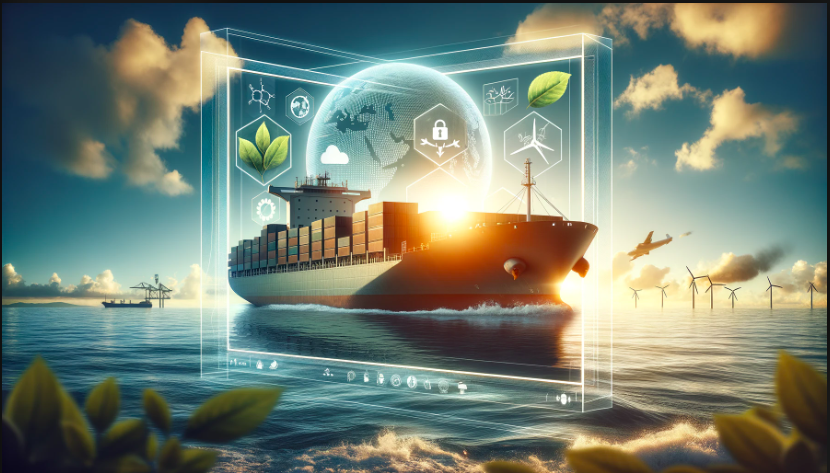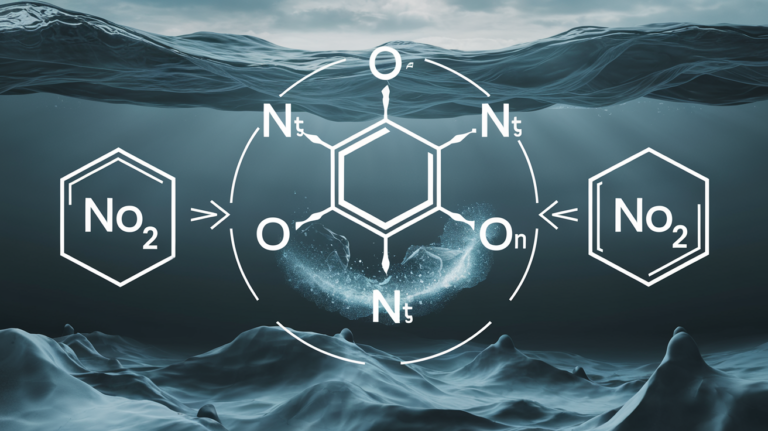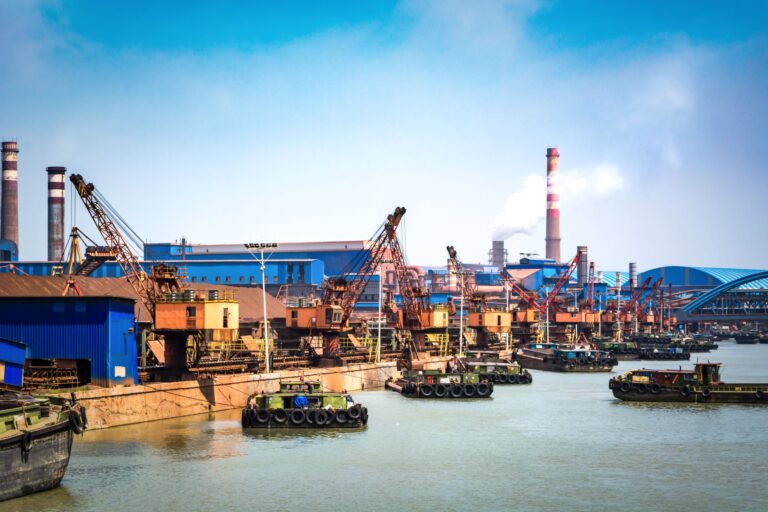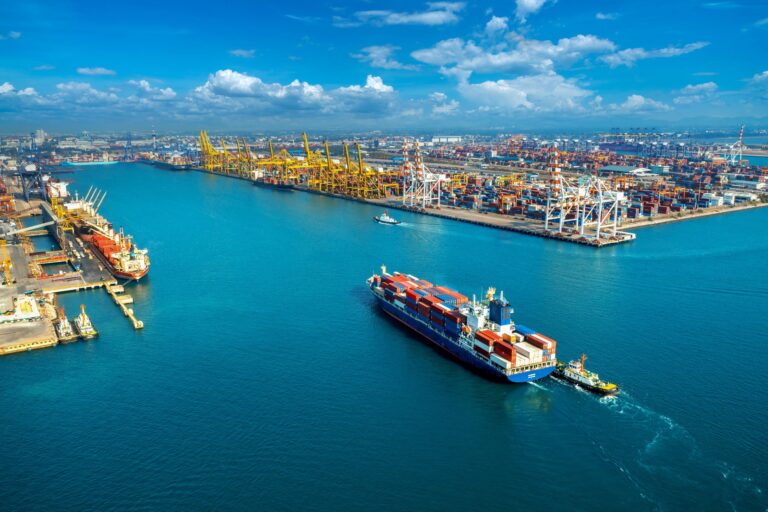A Deep Dive into MARPOL Regulations
In the vast and dynamic realm of maritime operations, the International Convention for the Prevention of Pollution from Ships, known as MARPOL, stands as the cornerstone of environmental protection regulations. Established under the auspices of the International Maritime Organization (IMO), MARPOL is dedicated to minimizing pollution of the oceans and seas, including dumping, oil, and exhaust pollution.
This comprehensive guide delves into the intricacies of MARPOL regulations, offering stakeholders in the maritime industry valuable insights into achieving compliance and contributing to the preservation of the marine environment.
Understanding MARPOL Regulations
MARPOL, adopted on 2 November 1973 and modified by the 1978 Protocol (MARPOL 73/78), is structured into six annexes, each targeting different types of pollutants from ships:
- Annex I – Oil Pollution Prevention: Addresses pollution from oil, focusing on preventing spills during operations and from shipwrecks.
- Annex II – Noxious Liquid Substances: Covers pollution from noxious liquid substances carried in bulk.
- Annex III – Harmful Substances in Packaged Form: Targets pollution from harmful substances carried in packaged form.
- Annex IV – Sewage Pollution Prevention: Aims to prevent sewage pollution from ships.
- Annex V – Garbage Pollution Prevention: Focuses on preventing pollution by garbage from ships.
- Annex VI – Air Pollution Prevention: Addresses air pollution from ships and includes energy efficiency measures to reduce greenhouse gas emissions.
The Importance of Compliance
For shipowners, operators, and maritime stakeholders, compliance with MARPOL regulations is not only a legal obligation but a commitment to environmental stewardship. Non-compliance can result in significant penalties, including fines and detentions, and can tarnish a company’s reputation.
Beyond the regulatory compliance, adhering to MARPOL reflects a shipowner’s dedication to sustainable maritime practices, contributing to the global effort to protect marine ecosystems.
Achieving MARPOL Compliance: Best Practices
Achieving compliance with MARPOL regulations requires a proactive and comprehensive approach. Here are some best practices for maritime operators:
- Implement an Environmental Management System (EMS): An EMS, aligned with the ISO 14001 standard, can help manage the environmental aspects of maritime operations, ensuring compliance with MARPOL.
- Regular Training and Awareness: Crew members should receive regular training on MARPOL provisions and the importance of pollution prevention. Awareness campaigns can reinforce the significance of compliance.
- Operational Adjustments: Modify operational practices to minimize pollution, such as reducing ship speed to lower emissions and optimizing waste management on board.
- Use of Clean Technology: Invest in clean technology, such as ballast water treatment systems and scrubbers, to meet the requirements of MARPOL Annexes I, II, and VI.
- Record Keeping and Documentation: Maintain accurate records of oil filtering equipment, garbage management plans, and energy efficiency measures as required by the relevant MARPOL annexes.
Navigating Annex VI: A Closer Look at Air Pollution Prevention
Annex VI of MARPOL, which targets air pollution from ships, merits special attention due to its implications for global shipping operations. It sets limits on sulfur oxide and nitrogen oxide emissions from ship exhausts and prohibits the deliberate emission of ozone-depleting substances.
The global sulfur cap, implemented on 1 January 2020, requires ships to use fuel oil with a maximum sulfur content of 0.50% m/m, significantly reducing the amount of sulfur oxides emanating from ships.
To comply with Annex VI, ship operators can use low-sulfur fuel oil, install exhaust gas cleaning systems (scrubbers), or opt for alternative fuels such as LNG. Additionally, the Energy Efficiency Design Index (EEDI) for new ships and the Ship Energy Efficiency Management Plan (SEEMP) for all ships are integral parts of Annex VI, aimed at improving the energy efficiency of shipping operations.
The Role of Port State Control
Port State Control (PSC) plays a crucial role in enforcing MARPOL regulations. PSC inspections ensure that ships visiting ports comply with international safety, security, and environmental standards.
During inspections, PSC officers verify the validity of certificates, inspect logbooks, and may conduct detailed inspections if there are clear grounds for believing that the condition of the ship or its equipment does not substantially meet the requirements of relevant conventions, including MARPOL.
Looking Ahead: The Future of MARPOL Regulations
As environmental concerns continue to gain prominence, MARPOL regulations are set to evolve, introducing stricter standards and broader coverage.
The maritime industry must stay abreast of these changes, preparing for future amendments such as further reductions in greenhouse gas emissions and enhanced measures for plastic waste management.




